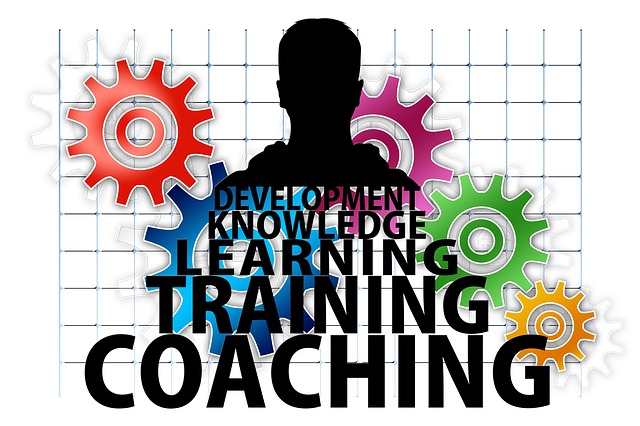Jeff Brown spoke recently at the Surrender Summit on the topic, The Power of Authenticity. Jeff is an author, expert in personal transformation and a lifetime seeker of his own authenticity. He does not only talk about authenticity; he pursues it relentlessly and tirelessly in his own life and work. Jeff experienced adverse childhood experiences but has explored his inner landscape mainly through writing to enable him to take his place in the world and to pursue his unfolding life purpose. He maintains that writing is therapeutic and a tool for developing authenticity.
To this end, Jeff has created his online writing course to make his personal lessons and insights available to anyone. The course, Writing Your Way Home: Answering the Soul’s Call, is available as a six-week audio course that incorporates inspiration and encouragement along with practical writing and publishing tips. Jeff describes this course and its intent to help the participant find their “deepest and truest expression” in his short video where he encourages others to undertake the “transformative journey” of writing.
In his book, Love it Forward, he recounts how he had a turning point in his life when he stopped to give some money to a homeless person in the street. He realised that this was a token action so he found out the contact details of the homeless person involved and arranged to send payments to him each week. This felt more authentic and heartfelt
In an earlier book, Soulshaping: A Journey of Self-Creation, he explored the traumas and successes of his life in search of his inner authenticity – what he describes as alignment with his “soul purpose”. He was able to set aside external achievements such as becoming a criminal lawyer and move towards his life calling as a writer. He established the Soulshaping Institute: A Center for Authentic Transformation to assist others to make this personal journey to authenticity – to identify and pursue their life purpose.
Ways to develop authenticity
In Love it Forward, Jeff provides a series of quotes and insights into what authenticity means in daily life. His book is a call to authenticity through overcoming any “emotional debris” and setting out on the path to our “soul purpose”. His written words identify ways to be authentic in our actions and interactions:
- Learn to live in the present moment – not the future or the past
- Have the courage to break the hold of our “comfort zone” which prevents us from realising our true potential – we tend to avoid new beginnings for fear of the pain of endings
- Avoid connecting with people who diminish us, distract us from our path, or try to dissuade us from realizing our potential
- Savour life, love, breathing, being-in-relationship, and the ability to see, talk, walk and run
- Acknowledge that giving in service to others is reciprocal – they are giving in return by accepting our generosity and enabling us to honour our life purpose (it is not a one-way street)
- Accept that chaos precedes clarity and that without confusion there is no movement forward beyond the present understanding
- Recognize that when we actualize our gifts to serve others in need, we are paying-it-forward and backward (to the people before us who have not had the skills or opportunity to serve others or those who come behind who can walk in our footsteps).
- Don’t take things personally – create a mental boundary between ourselves and the behaviour of others (it is not about us)
- Let love blossom as we age – open our heart to everything and everyone (we will no longer have time for avoidance or envy).
- Express gratitude for our mentors and elders who have helped us realize our potential and our calling
- Acknowledge that sometimes people have to experience and express victimhood to be able to move to well-being
- Develop a self-care plan that acknowledges our intrinsic value and worth
- Measure our success not in terms of externalities but inner victories over unresolved traumas and our “inner critic”
- Treat negative self-talk as a culturally-induced, false story
- Maintain a vision of our purpose and its realisation so that we actualize it “when the time is right”
- Value the success of others (avoid envy of other’s achievements).
Reflection
Jeff reinforces the fact that personal transformation cannot be rushed and that the journey to authenticity is paved with setbacks (lows), as well as joy (highs). There is excitement and exhilaration in the journey of unfolding and realizing our uniqueness and potential.
Meditation and other practices can enable us to grow in mindfulness, be fully present and have the courage and resilience to embark on our own journey to authenticity.
__________________________________
By Ron Passfield – Copyright (Creative Commons license, Attribution–Non Commercial–No Derivatives)
Disclosure: If you purchase a product through this site, I may earn a commission which will help to pay for the site, the associated Meetup group, and the resources to support the blog.

